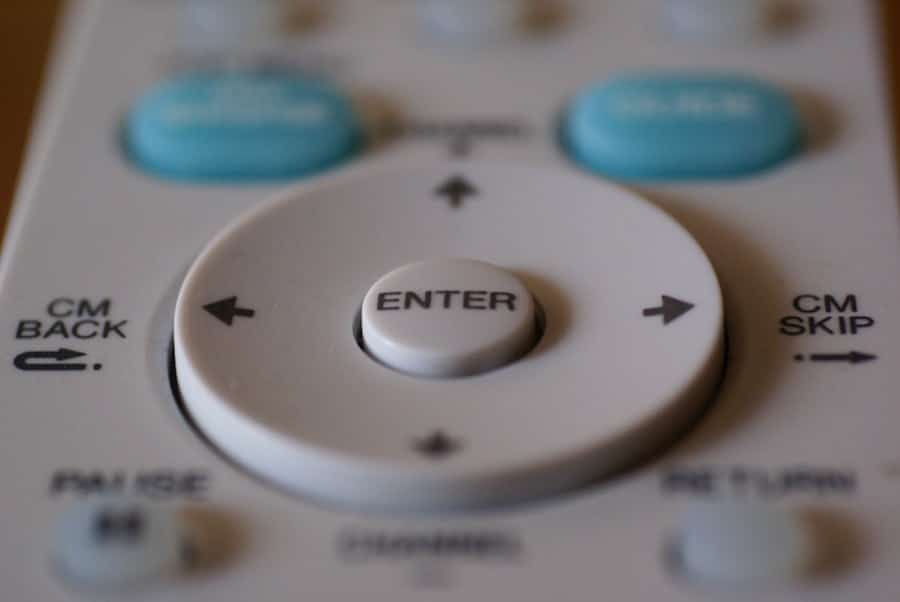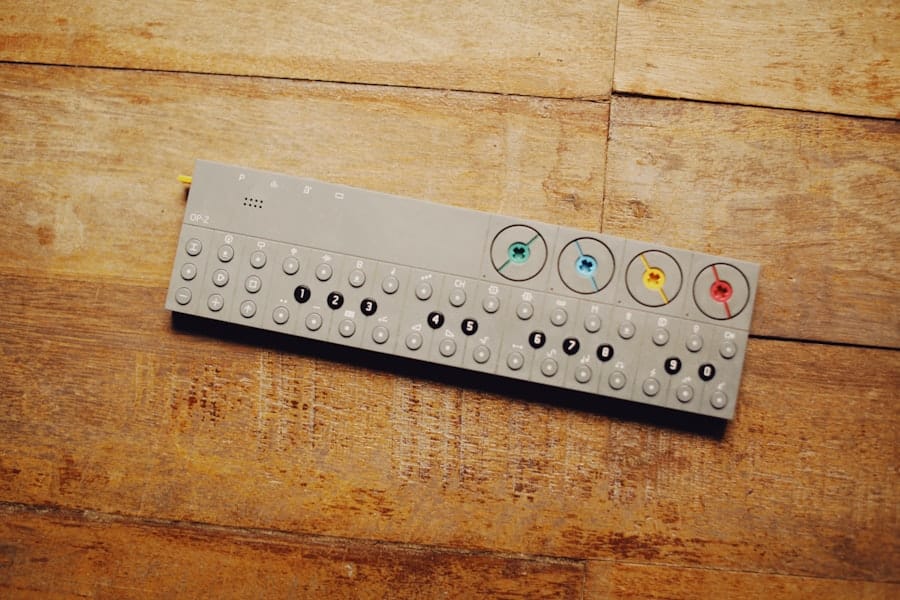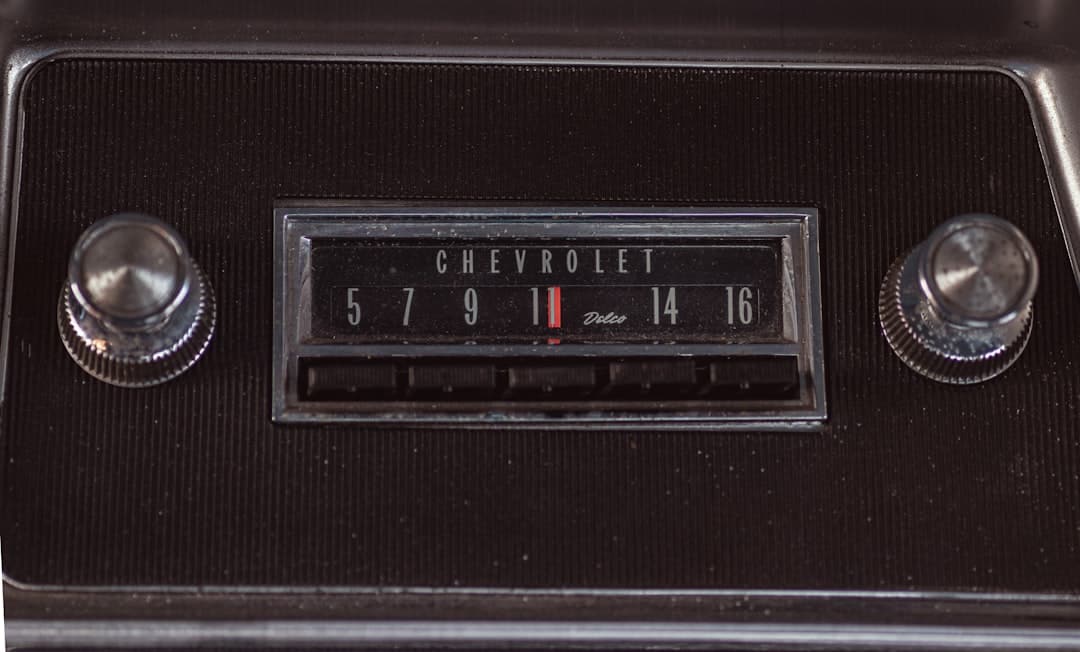The advent of artificial intelligence (AI) has revolutionized numerous industries, and photography is no exception. AI cameras, equipped with advanced algorithms and machine learning capabilities, have transformed the way we capture images. These cameras are not merely tools for taking pictures; they are intelligent devices that analyze scenes, recognize subjects, and optimize settings in real-time.
This integration of AI technology into photography has opened up new avenues for both amateur and professional photographers, making it easier to achieve stunning results with minimal effort. AI cameras leverage sophisticated image processing techniques to enhance the quality of photographs. They can automatically adjust exposure, focus, and color balance based on the environment and subject matter.
This means that users can spend less time fiddling with settings and more time focusing on creativity. As a result, AI cameras are becoming increasingly popular among a diverse range of users, from casual smartphone photographers to seasoned professionals seeking to streamline their workflow.
Key Takeaways
- AI cameras revolutionize photography by integrating advanced artificial intelligence technologies.
- They offer consumers enhanced image quality, automatic scene recognition, and improved shooting efficiency.
- AI features simplify user experience through intelligent adjustments and real-time enhancements.
- Leading brands incorporate AI to provide innovative capabilities like facial recognition and low-light optimization.
- The future of photography is shaped by AI, promising smarter, more creative, and accessible camera solutions.
The Impact of AI on Photography
The impact of AI on photography extends beyond mere convenience; it fundamentally alters the creative process. Traditional photography often required a deep understanding of technical aspects such as aperture, shutter speed, and ISO settings. However, AI cameras simplify these complexities by automating many of these functions.
For instance, AI algorithms can analyze a scene’s lighting conditions and automatically adjust the camera settings to ensure optimal exposure. This allows photographers to concentrate on composition and storytelling rather than getting bogged down in technical details. Moreover, AI technology has introduced new creative possibilities that were previously unattainable.
Features like scene recognition enable cameras to identify subjects—be it landscapes, portraits, or macro shots—and apply tailored enhancements accordingly. For example, when photographing a sunset, an AI camera can enhance the vibrancy of colors while preserving details in the shadows. This capability not only improves the final image but also encourages photographers to experiment with different styles and techniques, ultimately enriching the art of photography.
Advantages of AI Cameras for Consumers

One of the most significant advantages of AI cameras for consumers is their accessibility. With user-friendly interfaces and automated features, these cameras cater to individuals who may not have extensive photography knowledge. For instance, many smartphones now come equipped with AI-driven camera systems that allow users to take high-quality photos with just a tap.
This democratization of photography means that anyone can capture beautiful images without needing to invest years in learning the craft. Additionally, AI cameras often come with built-in editing capabilities that further enhance the user experience. Many models allow users to apply filters, adjust brightness, and even remove unwanted objects from images directly within the camera app.
This level of convenience means that consumers can achieve professional-looking results without needing to rely on external editing software. As a result, AI cameras empower users to share their work on social media platforms or print their photos with confidence, knowing that they have produced high-quality images.
How AI Cameras Enhance User Experience
The user experience with AI cameras is significantly enhanced through intuitive design and smart features. Many AI cameras incorporate voice commands and gesture controls, allowing users to operate them hands-free. This is particularly beneficial in situations where traditional controls may be cumbersome or impractical, such as when capturing action shots or group photos.
By enabling users to focus on their subjects rather than fiddling with buttons, AI cameras create a more seamless and enjoyable photography experience. Furthermore, AI cameras often include features like real-time previews and intelligent framing suggestions. These capabilities help users compose their shots more effectively by providing visual cues based on established photographic principles.
For example, an AI camera might suggest adjusting the angle or distance from the subject to achieve a more balanced composition. Such guidance not only aids novice photographers in improving their skills but also allows experienced users to explore new creative avenues without second-guessing their choices.
AI Camera Features and Capabilities
AI cameras boast a plethora of features designed to enhance both image quality and user experience. One notable capability is facial recognition technology, which allows the camera to identify and focus on human subjects automatically. This feature is particularly useful in portrait photography, where achieving sharp focus on the subject’s eyes is crucial for creating compelling images.
By prioritizing human faces, AI cameras ensure that portraits are not only well-composed but also emotionally engaging. Another impressive feature found in many AI cameras is scene detection. This technology enables the camera to analyze the environment and adjust settings accordingly for optimal results.
For instance, if the camera detects a night scene, it may automatically switch to a longer exposure setting to capture more light without introducing excessive noise. Similarly, in bright daylight conditions, it might adjust the aperture to prevent overexposure. Such intelligent adjustments allow photographers to capture stunning images across various lighting conditions without needing extensive technical knowledge.
The Future of AI Cameras in Photography

As technology continues to evolve, the future of AI cameras in photography looks promising. One area of development is the integration of augmented reality (AR) features into camera systems. Imagine being able to see real-time overlays of composition guidelines or even virtual elements that enhance storytelling within your photographs.
This fusion of AR and AI could provide photographers with unprecedented tools for creativity and expression. Moreover, advancements in machine learning algorithms will likely lead to even more sophisticated image processing capabilities. Future AI cameras may be able to learn from individual users’ preferences over time, adapting their settings and suggestions based on past behavior.
This personalized approach could result in a more intuitive shooting experience tailored specifically to each photographer’s style and needs.
AI Camera Brands and Models
Several brands have emerged as leaders in the development of AI camera technology, each offering unique features and capabilities that cater to different segments of the market. Canon has made significant strides with its EOS R series mirrorless cameras, which incorporate advanced autofocus systems powered by AI algorithms for precise subject tracking. These cameras are particularly favored by professionals who require reliability and speed in dynamic shooting environments.
On the smartphone front, Apple’s iPhone series has consistently pushed the envelope with its computational photography features. The latest models utilize machine learning to enhance low-light performance through Night Mode and Smart HDR capabilities that intelligently balance highlights and shadows in challenging lighting conditions. Similarly, Google’s Pixel phones have garnered acclaim for their exceptional image quality driven by advanced software algorithms that optimize photos post-capture.
Embracing AI in Photography
The integration of artificial intelligence into photography represents a significant leap forward in how we capture and share our visual stories. With their ability to simplify complex processes and enhance image quality, AI cameras are empowering a new generation of photographers while also providing seasoned professionals with innovative tools for creativity. As technology continues to advance, we can expect even more exciting developments in this field, making photography more accessible and enjoyable for everyone.
Embracing AI in photography not only enriches our experiences but also opens up new possibilities for artistic expression in an ever-evolving digital landscape.
As AI technology continues to evolve, it is not only transforming photography but also enhancing other consumer electronics. For instance, smartwatches are becoming increasingly sophisticated, integrating features that cater to a tech-savvy audience. To learn more about the latest advancements in wearable technology, check out this article on the top 5 smartwatches of 2023.
FAQs
What are AI cameras?
AI cameras are digital cameras equipped with artificial intelligence technology that can automatically recognize scenes, adjust settings, and enhance images to improve photo quality without manual intervention.
How do AI cameras improve photography for consumers?
AI cameras enhance photography by automatically optimizing exposure, focus, color balance, and composition based on the detected scene or subject, making it easier for consumers to capture high-quality photos without advanced technical knowledge.
What features are commonly found in AI cameras?
Common features include scene recognition, facial and object detection, automatic exposure and focus adjustments, real-time image enhancement, and sometimes even suggestions for better framing or composition.
Are AI cameras suitable for beginners?
Yes, AI cameras are particularly beneficial for beginners as they simplify the photography process by handling complex settings automatically, allowing users to focus on capturing moments rather than technical details.
Can AI cameras replace professional photography equipment?
While AI cameras significantly improve consumer photography, they may not fully replace professional equipment and expertise, especially in specialized or high-end photography scenarios that require manual control and advanced techniques.
Do AI cameras work in low-light conditions?
Many AI cameras include features that enhance low-light photography by adjusting settings like ISO, shutter speed, and noise reduction, resulting in clearer and brighter images in challenging lighting conditions.
Is privacy a concern with AI cameras?
AI cameras process image data to enhance photos, but users should be aware of privacy policies, especially if images are uploaded to cloud services for AI processing, to ensure personal data is handled securely.
Are AI cameras available in smartphones?
Yes, many modern smartphones incorporate AI camera technology to improve photo quality, offering features like scene detection, portrait mode enhancements, and night mode photography.
How does AI in cameras affect battery life?
AI processing can increase power consumption due to additional computational tasks, but manufacturers often optimize software and hardware to balance performance and battery efficiency.
Can AI cameras edit photos after they are taken?
Some AI cameras offer post-processing features that automatically enhance photos after capture, such as adjusting brightness, contrast, and removing imperfections, providing users with improved final images.

